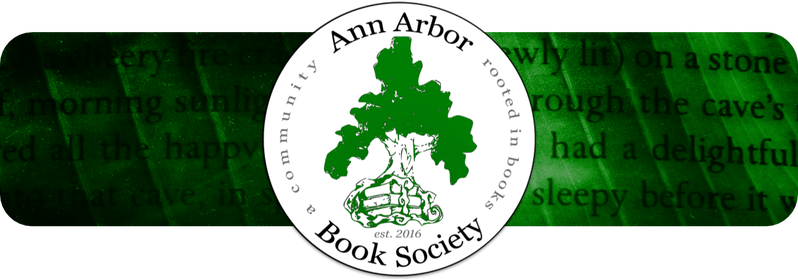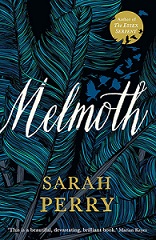The first clue that you’re in for something special with Sarah Perry’s Melmoth is the title and the dedication, which reads “In Memoriam Charles Robert Maturin.”
Already the game’s afoot—and the reader who likes games will head straight to Wikipedia to find that Charles Maturin was a 19th-century writer and clergyman best known for novel Melmoth the Wanderer, an early Gothic horror novel and publishing contemporary of Frankenstein.
Perry’s last book, The Essex Serpent, played with another 19th Gothic genre and used a plot that would make the Brontës proud to set up a very 21st-century argument for whether faith or reason is the best organizing narrative for our lives. It was fun, fizzy, disarmingly charming and pleasingly smart. Small wonder Perry is a favorite of Indie booksellers. So, armed with “Melmoth” and “Maturin.” it’s a good guess that Perry’s about to use the early horror novel and it’s embedded moral lesson as a way of considering the human condition.
The result is breathtaking. I haven’t had a book affect me in such a profound way since I read The White Hotel over thirty years ago. While it is a triumph of page-turning storytelling, traveling through time and across the globe from Nazi-occupied Czechoslovakia to Cairo, Manila and contemporary London, Perry’s storytelling is again in service to a very modern purpose: parsing how our secret shame and self-hatred can translate into a hatred of others, and how that plays out in atrocity. This is a book about humanity’s collective guilt and culpability for the horrors we have brought upon ourselves.
A downer? Yes. But heart-wrenchingly beautiful in a way that cuts through polemic and politics—that opens the reader’s mind and heart. Inside the horror is a sharp, small spark of hope.
–Kate McCune lives in Ann Arbor and is a sales rep for HarperCollins Publishers
Featured in October 2018 newsletter


